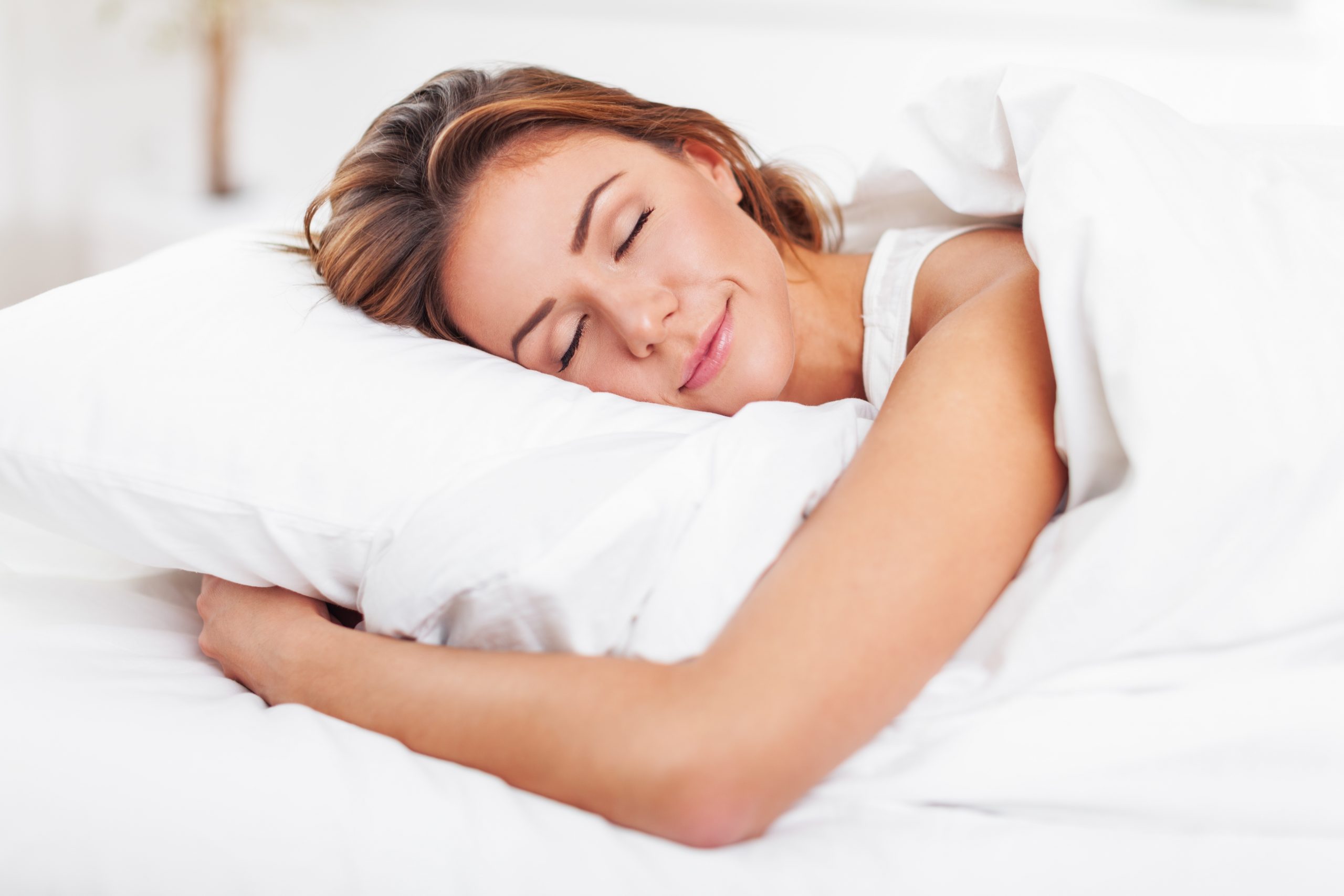How To Sleep Better – the importance of nutrition
Lying in bed, tossing and turning? What you eat and drink has a dramatic effect on your sleep patterns. A few simple tweaks to your diet may help you have a more restful night.
We all know that feeling when we’ve had a bad night’s sleep. It can leave you struggling to focus and concentrate the next day not to mention irritable, tearful and lacking in motivation. Insomnia is the most common sleep disorder, affecting one in four people. But even just a few nights of broken sleep can significantly affect your health. Poor sleep has been correlated with a number of health problems including cardiovascular disease, suppressed immune function, depression, anxiety, increased sensitivity of pain and weight gain.
Why Lack Of Sleep Can Make You Fat
Poor sleep can lead to elevated levels of cortisol, epinephrine and other “stress” hormones. This can disrupt blood sugar levels as well as changes to hormones that regulate hunger and appetite.
The hormone leptin suppresses appetite and sleep deprivation reduces its levels. The hormone ghrelin, on the other hand, triggers feelings of hunger and increases when you’re not sleeping well. This explains why the more tired you feel the more you are likely to crave fatty, sugar laden foods for a pick me up. One study found that just one week of poor sleep led to an average weight gain of 2lbs. The other problem is that cortisol is catabolic – this means if you are exercising hard and looking to build muscle you may find sleep can impact on your workout gains.

Many people will naturally reach for natural sleep aids to help improve sleep patterns. However before doing so it is important we first address any ongoing habits which are not helping us get proper sleep.
Watch out for Stimulants
Stimulants such as caffeine and nicotine contribute to poor sleep by making it harder for the brain to wind down. Caffeine has a half-life of around five hours in the body depending on your genetics so drinking coffee or energy drinks in the afternoon could impact your quality of sleep. As everyone is different you may need to experiment with the timing of your last cuppa but if you do struggle with sleep stop caffeine containing drinks by 2-3pm.

Skip the Night Cap
While most people think of alcohol as a sedative, it actually increases levels of dopamine within the brain, which has a stimulating effect. Alcohol disrupts blood sugar which can cause frequent waking. Alcohol is known to cause or increase the symptoms of sleep apnoea, snoring and disrupted sleep patterns. It also alters night-time melatonin production, which plays a key role in your body’s circadian rhythm and of course sleep.
Show Your Gut Some Love
Digestive symptoms and heartburn can sabotage your sleep patterns. For some people food sensitivities or intolerances may to be blame. Spicy foods are also notorious for causing heartburn, indigestion, and acid reflux so skipping the curry in the evening may be helpful.
Foods high in fat in the evening have been linked to poor sleep. Fat can slow down digestion and causes a build-up of stomach acids, which while lying down can cause heartburn and discomfort. In the same way avoid large, heavy meals before bedtime. If you do need an evening snack make it light and easy to digest – ideally have it 1-2 hours before bedtime. A good snack is one that combines tryptophan foods (see below) with carbohydrate – this aids the production of serotonin and melatonin. Good examples include rice cakes with peanut butter or plain yogurt with kiwi fruit. It is worth noting research suggesting the role of certain probiotics improving sleep quality.
If you have to wake up regularly to visit the bathroom try and reduce how much you drink in the evening. Certain foods like celery and watermelon are natural diuretics so you may wish to avoid eating large amounts of these in the evening.
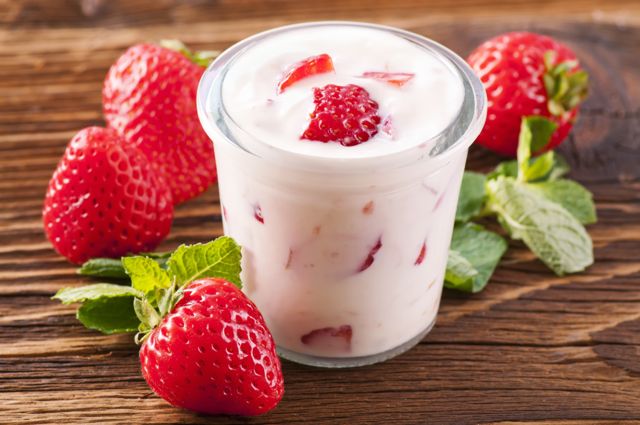
Dietary & Lifestyle Strategies for Better Sleep
If you are serious about improving your sleep then the first area to look at is your diet. Simple tweaks and adding certain foods to your diet that may help you fall alseep faster and stay asleep for longer.
Stick To Regular Meal Times
The first step toward better sleep is to eat nourishing meals regularly spaced through the day. Skipping meals, eating erratically or overeating late at night will disrupt blood sugar levels and can contribute to indigestion at night.
Don’t Go Too Low Carb
Studies show that an evening meal or snack which combines carbohydrates with protein are best for a good night’s sleep. The carbohydrates enables insulin triggered by the meal to enable more sleep-inducing tryptophan in the brain, faster. This increases levels of serotonin and melatonin for a better night’s sleep. Including protein rich foods further helps to stabilise blood sugar levels so they are less likely to dip during the night.
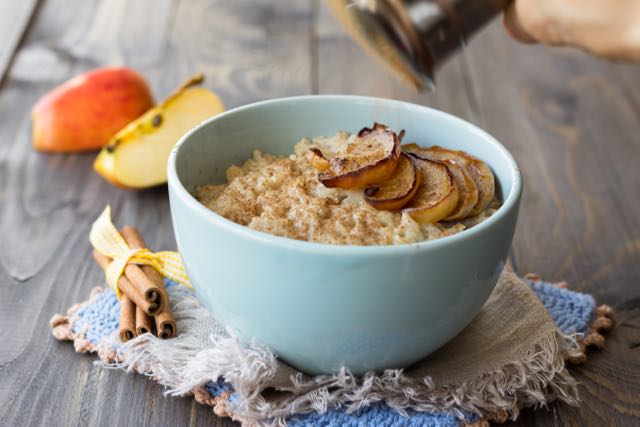
Don’t Exercise Too Late at Night
While keeping active and exercising regularly has been shown to improve sleep quality, exercising too close to bedtime is not a good idea. Exercising late at night, increases adrenaline and cortisol making it difficult to fall asleep and stay asleep. Exercising early in the morning may provide better quality sleep at night.
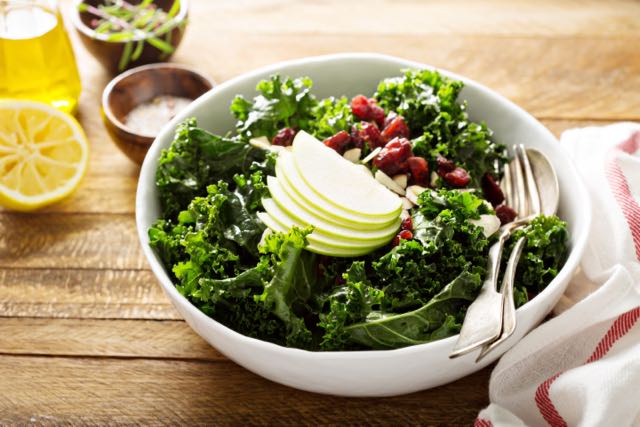
Add in leafy Greens
We all know they are good for us but they may also improve your sleep. Dark leafy veggies like spinach, kale, watercress or pak choy are packed with minerals such as magnesium (see below) which has been studied for its ability to aid sleep.
Skip the Sugar
Snacking on refined carbs and sugars is a recipe for a interrupted sleep. Sleep can affect your blood sugar levels, and your blood glucose control can also affect your sleep – it’s a vicious cycle. Fluctuating blood sugar levels which can be caused by eating too much refined carbs and sugars particularly in the afternoon / evening can affect cortisol levels which in turn blocks melatonin.
Key Nutrients for a Restful Night
Melatonin, a hormone made in the pineal gland, is critical for our sleep-wake cycle. Melatonin responds to light. This means that when you are exposed to light the brain suppresses melatonin but of course when light levels decline, melatonin gets created from serotonin and helps induce sleep.
Low melatonin levels have been linked to insomnia with supplementation shown to improve sleep. It can reduce the time it takes to fall asleep and can also be useful if you are struggling with jet lag.
In the UK melatonin is only available on prescription but certain foods can naturally improve our levels. Those with the highest levels of melatonin include tart cherry juice, nuts and seeds (walnuts, peanuts, sunflower seeds, flaxseed), fish, egg, fruits and vegetables (e.g asparagus, corn, olives, tomatoes, grapes, strawberries) and certain grains like rice and oats. Try a handful of almonds as an evening snack they contain melatonin and the sleep-promoting mineral magnesium, two properties that make them a great food to eat before bed.
Tart cherry juice is probably one of the most popular sources of melatonin. It has been widely studied for its role in relieving insomnia. Drinking a glass of tart cherry juice about 1 hour before bed may aid you in to the land of nod. In two studies, adults with insomnia who drank 8 ounces (237 ml) of tart cherry juice twice a day for two weeks slept about an hour and a half longer and reported better sleep quality, compared to when they did not drink the juice.
L-tryptophan, an amino acid that acts as a precursor for serotonin and melatonin is more widely present in foods. Tryptophan can be converted into a molecule called 5-HTP (5-hydroxytryptophan), which is used to make serotonin and melatonin. Supplements of 5HTP are a popular sleep aid but not also helpful for people. My suggestion – simply eat more tryptophan or serotonin rich foods through the day.
Foods Rich in Tryptophan / Serotonin
Try and include these foods through the day and particularly as part of your evening meal.
Dairy products (milk, low-fat yogurt, cheese)
Poultry (turkey, chicken)
Seafood (shrimp, salmon, halibut, tuna, sardines, cod)
Nuts and seeds (flax, sesame, pumpkin, sunflower, cashews, peanuts, almonds, walnuts)
Legumes (kidney beans, lima beans, black beans split peas, chickpeas)
Fruits (apples, bananas, peaches, avocado, kiwi)
Vegetables (spinach, broccoli, turnip greens, asparagus, onions, seaweed)
Grains (wheat, rice, barley, corn, oats)
Certain foods like kiwi appear to aid sleep – they not only contain serotonin but it has been suggested that the antioxidants in kiwis, such as vitamin C and carotenoids, may be partly responsible for their sleep-promoting effects.
Oily Fish
Fish such as salmon, mackerel, sardines provide heart health omega 3 fats and vitamin D. It appears the combination of omega-3 fatty acids and vitamin D has the potential to enhance sleep quality, as both have been shown to increase the production of serotonin, a sleep-promoting brain chemical.
The Magic Minerals
Magnesium is one of the most important minerals for better sleep. It can help quiet the mind making it easier to fall asleep.
It has a well-known relaxing effect on the body and increases brain levels of gamma-aminobutyric acid (GABA), a brain messenger with calming effects.
If you exercise regularly and sweat a lot you may be more prone to lower levels of magnesium in your body. You can increase magnesium in the body by soaking in a warm bath of Epsom salts or using magnesium oil spray on the skin. Try upping your intake of magnesium rich foods. Top sources include dark leafy greens (baby spinach, kale, collard greens), nuts and seeds (almonds, sunflower seeds, brazil nuts, cashews, pine nuts, flaxseed, pecans), avocado, fish (salmon, halibut, tuna, mackerel), plain yogurt, bananas and soybeans.
Zinc and calcium are also important for quality sleep. Dairy products that contain both tryptophan and calcium are among the best sleep inducers (this may be why a warm milky drink at night helps). Other good sources of calcium include dark leafy greens, sardines, soybeans, tahini, okra and broccoli.
Boost Your B Vitamins
B vitamins particularly vitamin B6 found in food such as poultry, fish, chickpeas, and bananas helps your body process tryptophan and turn it into sleep-inducing melatonin. Niacin another B vitamin naturally found in beetroot, pork, poultry, and peanuts appears to improve your REM cycle and reduce waking in the night.
Using Natural Sleep Aids
Natural sleep aids often work by calming down the nervous system and supporting certain neurotransmitters or chemicals that can help to calm the mind making it easier to sleep. Others may also reduce levels of stimulating neurotransmitters such as adrenaline and cortisol.
Some of the calming neurotransmitters / amino acids include:
Gamma-aminobutyric acid (GABA)
Melatonin
Glycine
Taurine
Glycine is particularly useful. It is an amino acid and neurotransmitter found in foods such as gelatin, eggs, meat and seafood. Supplementation of around 3g before bed can reduce the rime it takes to fall asleep as well as improve quality of sleep.
Try Calmative Teas
There are a number of herbal teas that help calm the mind enabling a more restful sleep. Valerian is a sedative herb that has been used since the 18th century for the treatment of insomnia. It works on the GABA system in the brain, helping reduce brain activity and allowing you to fall asleep more easily.
Chamomile is another popular tea shown to promote sleep and relaxation. It also has a history to reduce anxiety. The mechanism appears to be through suppressing glutamate release (which is stimulating) and improving GABA. This may be linked to be due to the presence of certain antioxidants such a apigenin. Other good options include passion flower, lemon balm and magnolia bark.
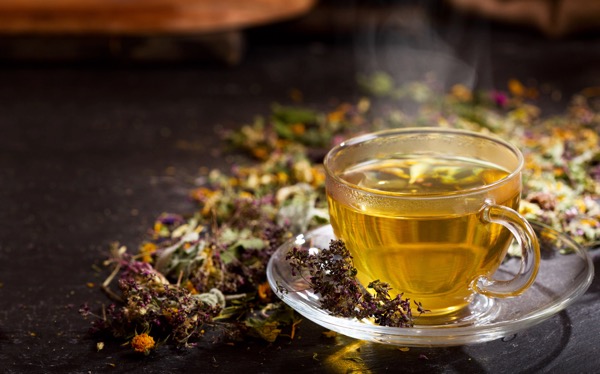
Sniff Lavender Oil
Lavender oils have been extensively studied for the treatment of insomnia and quality of sleep. Try adding a few drops onto your bed linen and night clothes before bedtime.
Tackle Stress with Ashwagandha
Withania somnifera, also known as Ashwagandha, is an Indian herb that may be beneficial for treating insomnia. One of the reasons this herb appears to be effective is through improving our ability to modulate stress hormones like cortisol.

